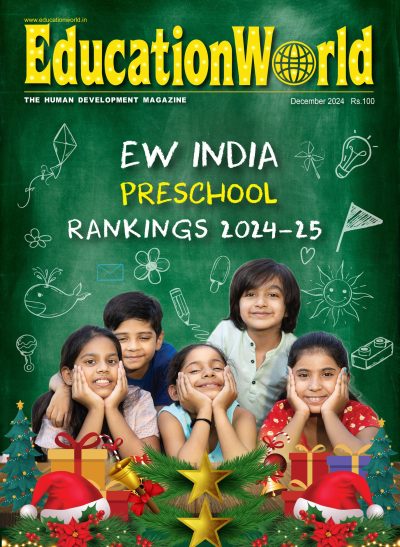The 108th General Body meeting of the Council for the Indian School Certificate Examinations, New Delhi (CISCE) was held on November 30 at New Delhi. The meeting was chaired by Dr. G Immanuel, chairman of the council and was attended by a large number of members of the General Body. The Ministry of Human Resource Development (MHRD); Government of India was represented by Dr. Satbir Silas Bedi, joint secretary and YSK Seshu Kumar, joint secretary and officiating chairman, Central Board of Secondary Education (CBSE). The meeting was also graced by the deputy directors of education from the states of Delhi, Chandigarh, Madhya Pradesh and Tamil Nadu.
The members appreciated the excellent results achieved by the students in the 2015 ICSE (Class X) and ISC (Class XII) examinations and applauded the efforts of the council and the affiliated schools. Two lakh twenty nine thousand nine hundred seventy four students appeared in the ISCE and ISC this year. The number of students who appeared for ISCE (i.e. held after standard X) was 1,58,833 and the number of students who appeared for ISC (i.e. held after standard XII) was 71,141. The pass percentage for ICSE was 98.54 percent whereas the pass percentage for ISC was 96.38 percent.
The chief executive & secretary, CISCE, Gerry Arathoon presented the annual report to the members and highlighted the major achievements and new initiatives taken during the year. The key highlights were:
1. Use of LICR technology which would ensure quicker and error free results.
2. The division of marks in Practical and Theory papers has been altered to suit the requirements of higher education. It has been now fixed at 70:30 ratio altering the earlier 50:50 ratio.
The standard XII exam from the year 2018 will be held in line with the CBSE. Modifications that have been brought about are in History, Civics, Geography, Mathematics and Physics syllabi at the ICSE level from the examination year 2018. The syllabi for the above subjects have been modified so as to ensure that in addition to conforming to present day educational trends, the syllabus is also relevant, flexible and meaningful in content.
Other than this the contentious issue of “No detention policy” was also discussed. Dr. Bedi and Kumar from the MHRD and other members also discussed the concerns arising out of the “No detention policy” upto class VIII introduced by Right to Education Act, 2009. Renu Sharma, deputy director of education, Government of NCT of Delhi also highlighted the fact that due to the “No detention policy” the results of the students have shown a continuous decline in the past 4-5 years and the students are failing in classes IX and XI.
Posted in National

















